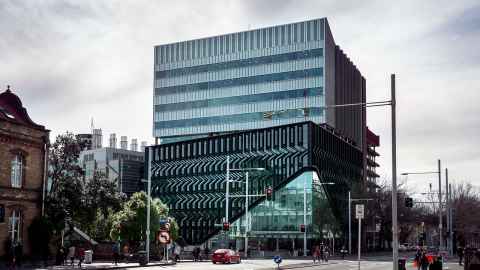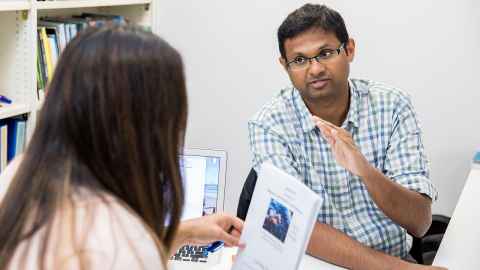

Use our degree planners to determine which courses you should take to complete your qualification requirements.
Download a planner

Find out how to reassign your courses from your BE(Hons) to a BSc.
Kimihia | Find out
If you need some advice on undergraduate subjects, contact one of our specialist advisers.
Whakapā mai | Get in touch
During Science majors and modules week, you can discuss your study options with a Student Academic Adviser.
He whakamārama atu anō | Learn more
Search our glossary of terms if you're not sure what something means.
He mōhiohio anō | More info
If you’re doing a conjoint, you’ll need to plan your courses and timetable carefully.
Pānui tonu | Read more